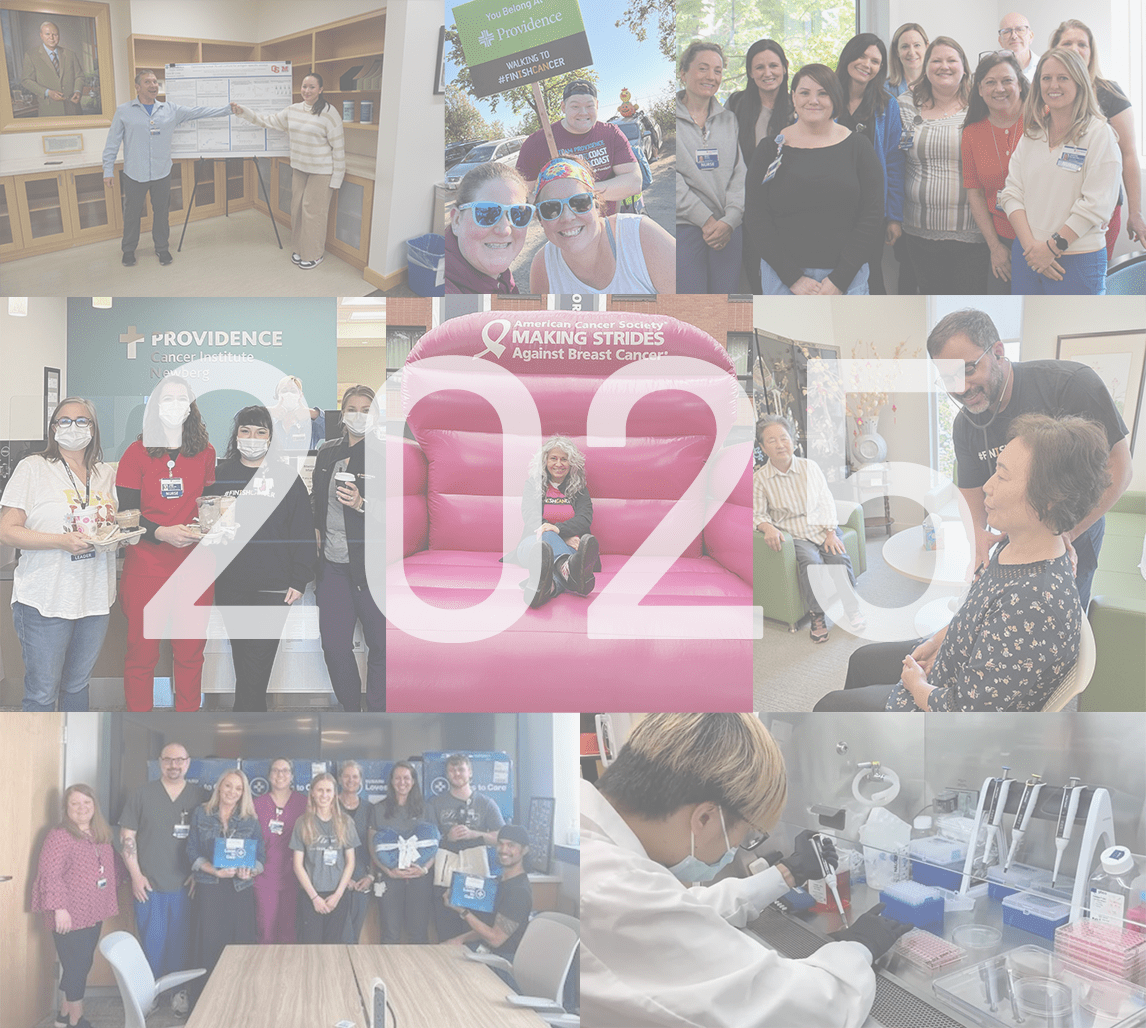Endometriosis: When pain is more than just a ‘bad period’
[5 MIN READ]
In this article:
-
Endometriosis is when tissues similar to the lining of your uterus grow where they don’t belong.
-
Many women can experience debilitating pain for years and not realize there are both medical and surgical treatments for endometriosis.
-
Infertility is one of the most common complications of endometriosis.
From an early age, many women are taught that experiencing pain during their menstrual period is just part of life and that they should simply learn to deal with it. But when is the discomfort more than just the typical “period pain”? That’s the question that many women with endometriosis aren’t able to answer until their disorder has progressed to an incredibly painful level.
Endometriosis occurs when tissues similar to those lining your uterus grow in areas of your body where they don’t belong, including the outer surface of your uterus and on your fallopian tubes, bowels and ovaries. The cause of endometriosis is unknown and the issue most commonly affects women in their 30s and 40s.
March is National Endometriosis Awareness Month, so we’re shining a light on the condition’s symptoms and the best way to treat them. With the right care, you can find pain relief, just like millions of women before you.
Four signs you may have endometriosis
If you’re trying to distinguish between menstruation cramps, pelvic pain or a potential problem that requires medical intervention, look for these four signs and symptoms of endometriosis:
1. Very painful menstrual cramps
Debilitating cramps during your period that worsen over time and continue, regardless of lifestyle changes or medicine, is the most common sign of endometriosis.
2. Other problems during your period, such as fatigue, nausea or diarrhea
Some women with endometriosis experience excessive bleeding during their periods or between periods. Endometriosis can also cause diarrhea, fatigue, nausea and other physical complications.
3. Difficulty getting pregnant
Approximately one-third to one-half of women with endometriosis have difficulty getting pregnant.
4. Pain or discomfort during sexual intercourse
Endometriosis causes pain that can feel like it’s deep in your body, and may change with your menstrual cycle. Pain during or after sex is common.
If you think you might suffer from this disorder, don’t feel embarrassed about sharing more about your menstrual pain or any other painful symptoms with your doctor. From medications to surgery, there are many different treatments that can give you relief from this potentially debilitating condition and improve your quality of life.
Hormone treatment of endometriosis
When health care providers are deciding on the best way to treat endometriosis symptoms, they usually look at:
- Your age
- How acute your symptoms are
- How severe the disease is
- Whether you plan to have children
One of the primary treatments for women with endometriosis is hormone suppression, according to Brooke Winner, M.D., a fellowship-trained, minimally invasive gynecologic surgeon and the medical director for Gynecologic Surgery at Swedish Medical Center. “If the ultrasound is normal,” said Dr. Winner, “there’s a good chance it would be effective to take birth control pills to skip your periods, or use an IUD (intrauterine device) containing hormones to suppress periods. These hormones could help ease pain and stop endometriosis from growing.”
Hormones cause patches of endometrial tissue to follow a cycle that’s similar to the menstrual cycle. In turn, this means hormones can also work to treat endometriosis symptoms. In addition, different hormones may also change the way a woman experiences pain.
Common hormone suppression therapies include:
- Birth control pills
- Gonadotropin-releasing hormone (GnRH) treatments
- Progesterone and progestin
When surgery is needed
According to Dr. Winner, “Hormonal treatments won’t work if there’s an endometrioma, which is inflamed endometrial tissue in and sometimes on the ovary. If a patient tries birth control pills or an IUD for three to six months with no pain relief, or they have side effects they can’t tolerate, the next step is laparoscopic surgery. Also, if someone is actively trying to get pregnant, then birth control is counterproductive. Going straight to laparoscopy would be reasonable.”
Dr. Winner explained that, after surgery to remove the endometriosis, some women choose to go on birth control to suppress their periods, which can help with pain. “The treatment options are similar to before surgery, usually either birth control pills or an IUD,” she said. “In women who have had an endometrioma surgically removed, we know for sure that taking pills on an ongoing basis to skip periods greatly lowers the risk of endometrioma coming back.”
Years ago, doctors believed that a hysterectomy (removal of the uterus and ovaries) was the best treatment for endometriosis. However, they are now moving away from that approach. Removing the ovaries triggers menopause, which may not eliminate the endometriosis pain by itself. Additionally, early menopause carries a risk of heart disease and other conditions.
Infertility issues
The main complication of endometriosis is infertility. In fact, many women don’t realize they have the disorder until they start experiencing problems getting pregnant.
In order for a pregnancy to occur, an egg must be released from an ovary, travel through the fallopian tube, become fertilized by a sperm cell and attach itself to the uterine wall to begin growing. Endometriosis can block the tube and keep the sperm from fertilizing the egg, or it can also damage the sperm or the egg.
When a woman with endometriosis seeks fertility treatment, their doctor may recommend treating the endometriosis with medication or surgery before trying to become pregnant.
If you suspect you may have more serious problems than a “bad period,” make sure you ask your doctor to perform a physical examination and order imaging tests, such as an ultrasound. You shouldn’t have to live with pain any longer.
--
Contributing Caregiver

Find a doctor
If you are looking for an obstetrician and gynecologist, you can search for one that’s right for you in our provider directory.
Download the Providence App
We’re with you, wherever you are. Make Providence’s app your personalized connection to your health. Schedule appointments, conduct virtual visits, message your doctor, view your health records and more. Learn more and download the app.
Related resources
Women’s health: Everything you need to know
This information is not intended as a substitute for professional medical care. Always follow your health care professional’s instructions.




